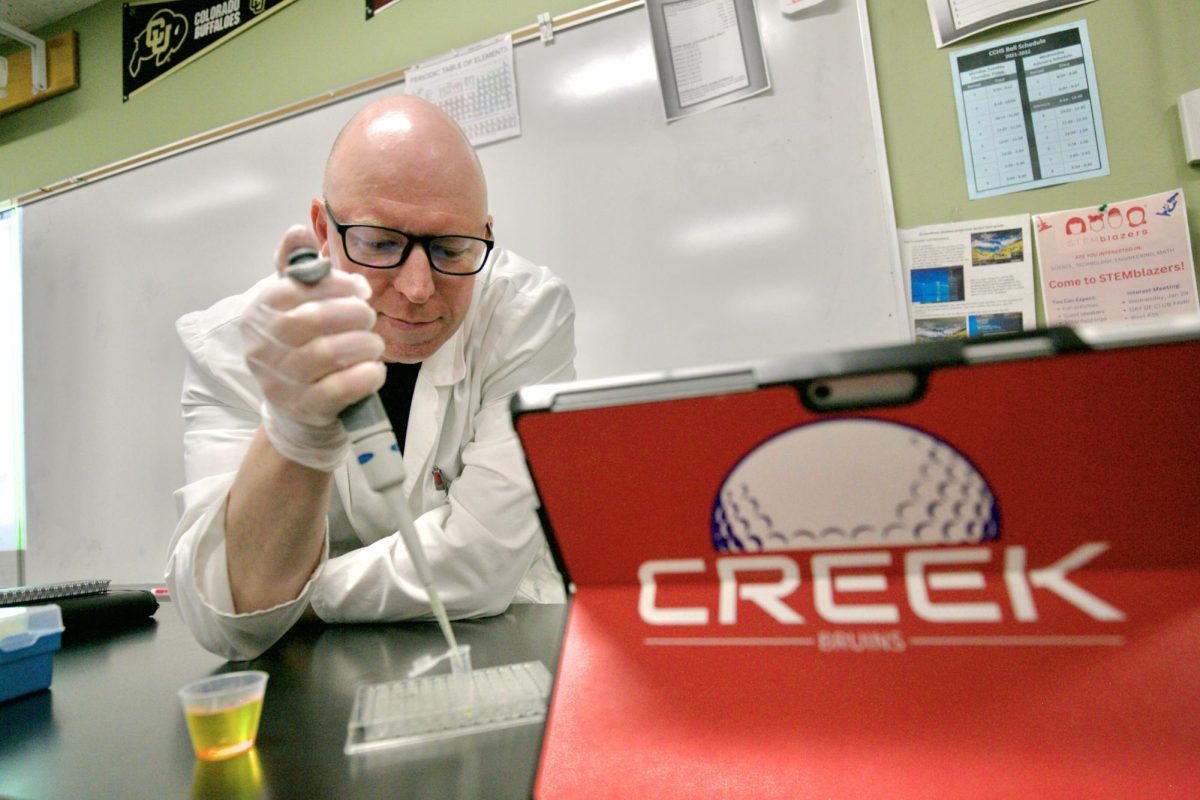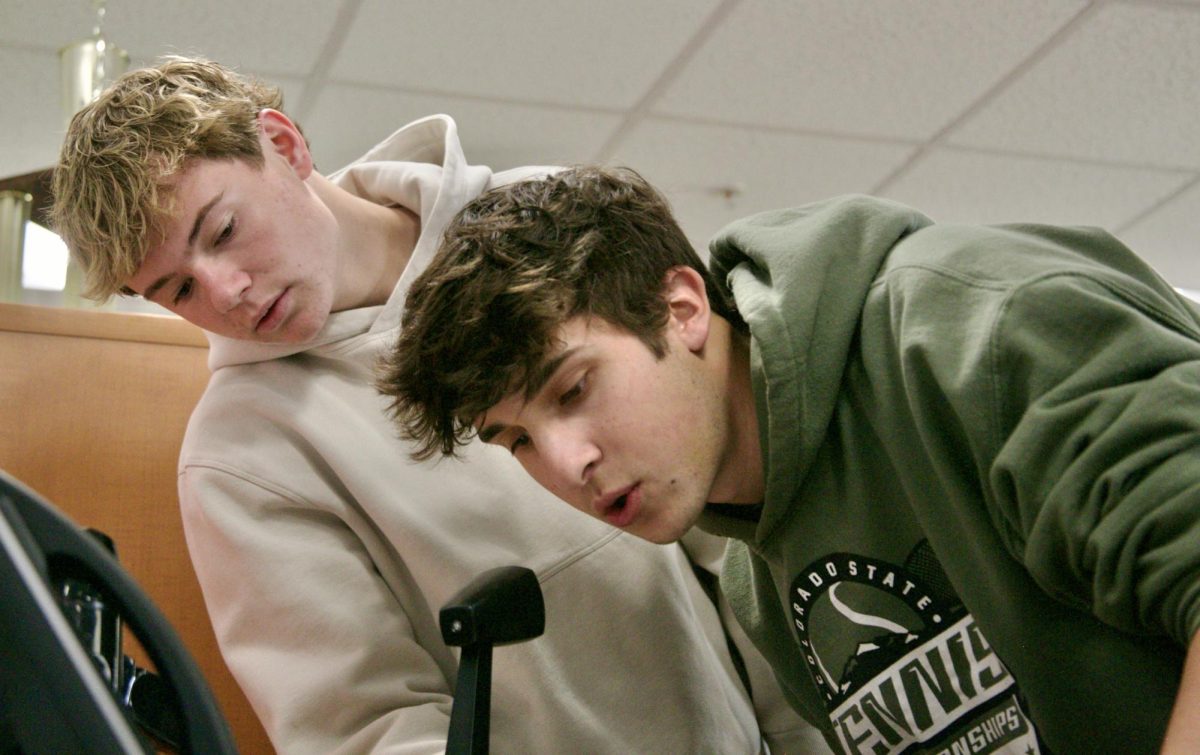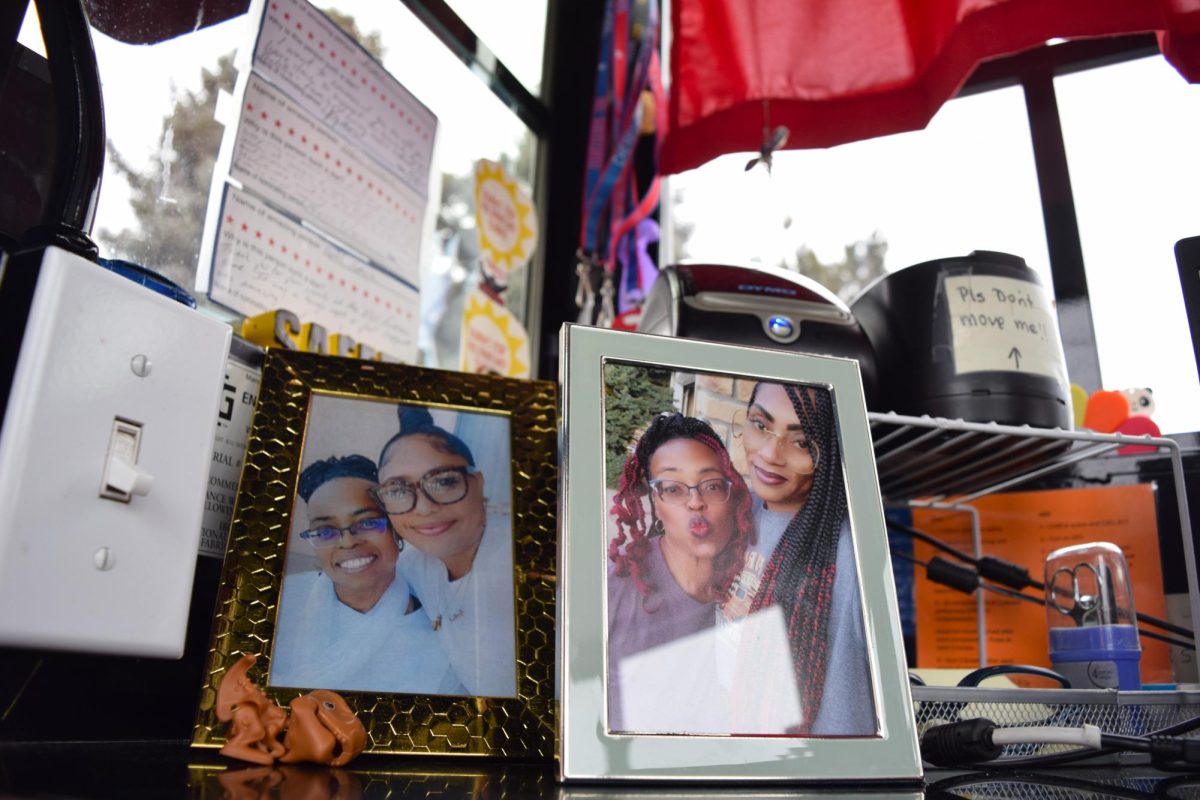As Creek prepares for the 2025–2026 school year, 23 new teachers have already been hired – but what makes this hiring process stand out isn’t just who’s applying. It’s who’s deciding. At Creek, students aren’t just observers, they’re part of the hiring team.
Once a position becomes available, the hiring process starts with the formation of a hiring committee. This team typically includes: the department coordinator, several teachers from the department, and at least one student.
“I know our value is just that the teachers are going to be primarily with kids and that’s their customer,” Principal Ryan Silva said.
Student involvement can take several forms. Most often, students serve directly on the interview committee, sitting alongside teachers to evaluate candidates. In other cases, students might lead campus tours, during which they engage candidates in conversation, or they may observe a candidate teaching a class and provide feedback based on that experience.
Student involvement through this process is not only important, but it is a core belief. Principal Ryan Silva emphasizes that students’ decisions in the hiring process are more than just giving them a seat at the table; it’s about recognizing who schools are meant to serve.
“To not have a student voice just seems silly to me because that’s the customer,” Silva said. “We’re trying to take care of kids. And so to not have any kids’ voices just seems like a complete disconnect to me. [It’s] an expectation that kids are involved in the process.”
According to junior Jacquelyn Yu, a member of both the world language and science hiring committees, the student voice is taken seriously, and what she shared had a real impact on the final decision.
“[During the process] I asked myself, ‘Do they connect with students? Do they have the energy?’” Yu said. “I noticed when candidates made eye contact with us. If someone only talked to the adults and ignored us, that was a red flag.”
For many students, the most important factor wasn’t just credentials, it was connection. For students like junior Krit Krishna, who served on the science hiring committee, candidates who lacked that connection, even with strong content knowledge, wouldn’t qualify.
“There [were] definitely a few candidates who I felt didn’t show the kind of passion or connection we were looking for, and I was honest about that,” he said. “After our discussion, those people weren’t selected, and I think our opinions played a role in that.”
According to Silva, he also agrees that students carry a significant amount of weight in the process and can be the breaking point between two equally qualified candidates.
“Generally, the tipping point for one [candidate] over the other will be what the student thought,” Silva said. “Students are really good judges of things and I think they’re pretty advanced in they’re thinking about candidates.”
While the experience was exciting, these students said it came with a surprising level of responsibility. Knowing their input could shape the next school year made them take their role seriously.
“I felt a moral obligation. Whoever we picked would be responsible for teaching [130-150] students next year,” Yu said. “That’s a huge responsibility, and we took it seriously.”
These interactions don’t just help students feel empowered and involved here at Creek – they often surprise the candidates themselves.
“I would say probably eight times out of ten, one of the first things [candidates] talk about is how impressed they are that kids are part of the process at the school,” Silva said. “And that they haven’t seen that in any other setting.”
For the students who serve on these committees, it’s more than just an experience–it’s a shift in perspective. They leave not only with insight into the hiring process but also with a deeper sense of ownership over their school community.
“It made me more confident to speak up,” Yu said. “I realized I had a real role in shaping the future of the school.”
At Creek, students play an active role in shaping their school community. Their input is included in the hiring process for new educators, reflecting the school’s commitment to incorporating student perspectives in key decisions.
“It felt really meaningful to know my input could actually shape who teaches here next year,” Krishna said. “It reminded me that students aren’t just part of the school; we help build it.”








